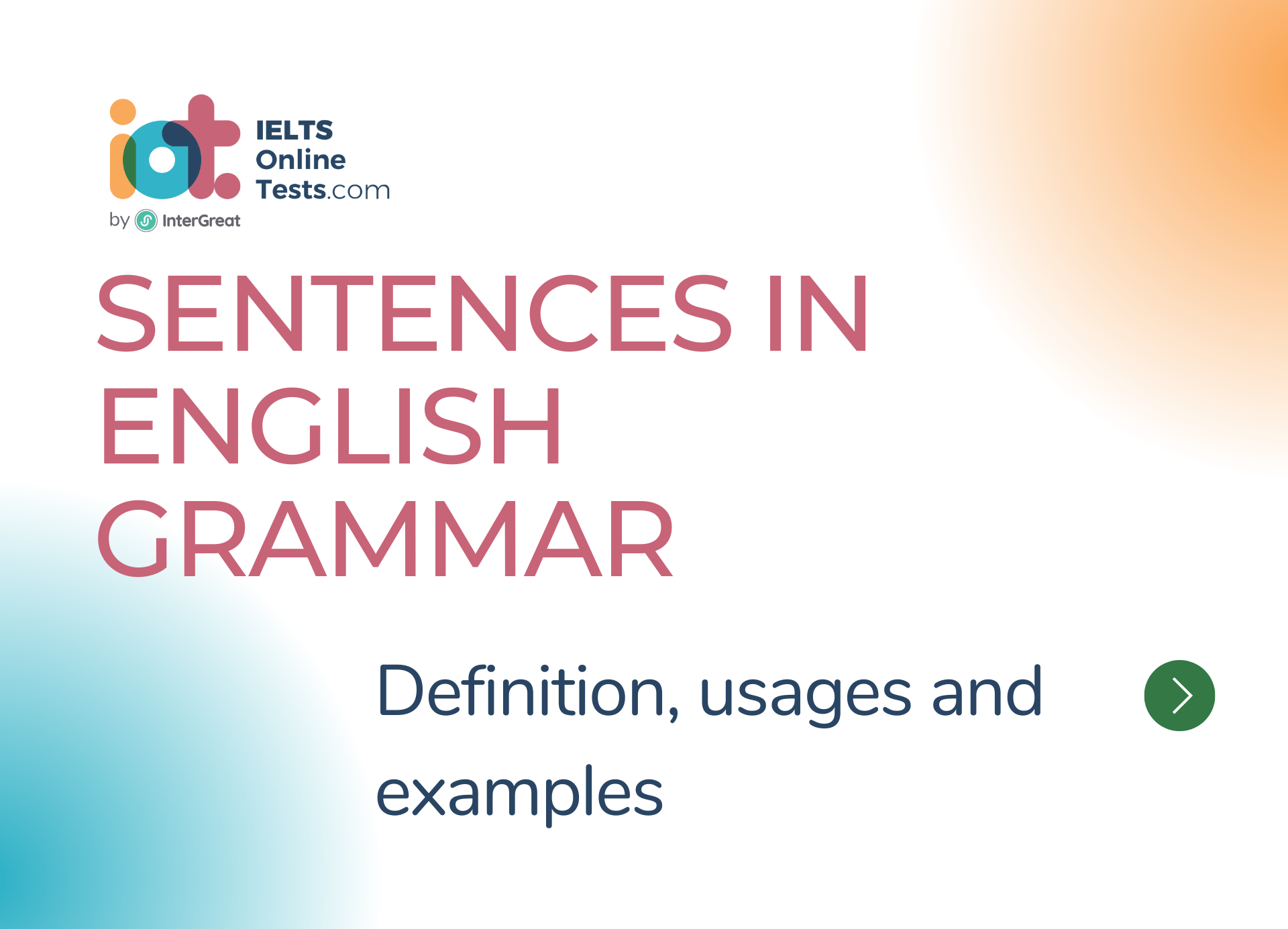
Sentences in English Grammar
Sentences are the basic units of expression in English grammar. They convey complete thoughts and ideas, consisting of a subject and a predicate.
Here are some key details about sentences:
Subject:
- The subject is the main element of a sentence and typically refers to the person, thing, or concept that performs the action or is described.
- It answers the question "who" or "what" the sentence is about.
- Examples:
- "She," "the dog," "my friend and I."
Predicate:
- The predicate is the part of the sentence that provides information about the subject. It includes the verb and any additional words or phrases.
- It describes the action, state, or relationship involving the subject.
- Examples:
- "runs," "is sleeping," "likes to swim in the ocean."
Types of Sentences:
- Declarative: Makes a statement or expresses an opinion.
- Example: "The sun is shining."
- Interrogative: Asks a question.
- Example: "Are you coming to the party?"
- Imperative: Gives a command or makes a request.
- Example: "Please close the door."
- Exclamatory: Conveys strong emotion or surprise.
- Example: "What a beautiful day!"
- Declarative: Makes a statement or expresses an opinion.
Sentence Structure:
- Sentences can be simple, compound, complex, or compound-complex.
- Simple sentences consist of one independent clause.
- Example: "She laughed."
- Compound sentences contain two or more independent clauses joined by coordinating conjunctions.
- Example: "He went to the store, and she stayed at home."
- Complex sentences include one independent clause and at least one dependent clause.
- Example: "Although it was raining, she went for a walk."
- Compound-complex sentences have two or more independent clauses and at least one dependent clause.
- Example: "I studied hard, but I still failed the test because I didn't understand the material."
Understanding the structure and types of sentences is crucial for effective communication. It allows for the formation of clear, coherent, and grammatically correct expressions of ideas. By constructing well-formed sentences, you can convey your thoughts accurately and convey meaning effectively.




